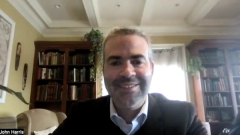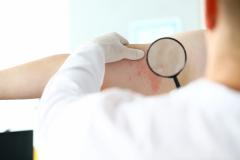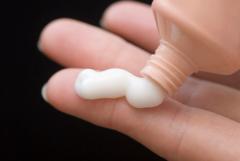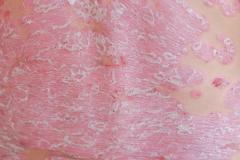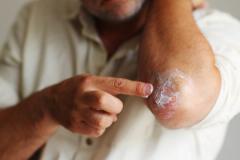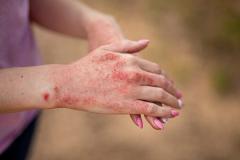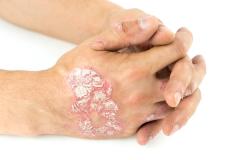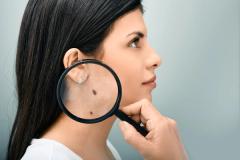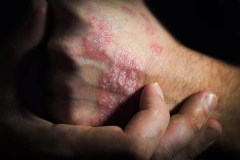
Dr Raj Chovatiya Explains Oral JAK Inhibitor Monitoring Protocols for AD Treatment
Raj Chovatiya, MD, PhD, associate professor at the Rosalind Franklin University of Medicine and Science, described monitoring protocols for clinicians when using oral Janus kinase (JAK) inhibitors to treat patients with atopic dermatitis (AD).
Raj Chovatiya, MD, PhD, associate professor at the Rosalind Franklin University of Medicine and Science, described monitoring protocols for clinicians when using oral Janus kinase (JAK) inhibitors to treat patients with atopic dermatitis (AD).
Chovatiya is also the founder and director of the Center for Medical Dermatology and Immunology Research in Chicago, Illinois.
Transcript
Given the systemic nature of oral JAK inhibitors, what are the considerations and monitoring protocols that clinicians should follow when prescribing these medications for patients with AD, particularly in terms of managing adverse effects and assessing treatment response?
I like to tell individuals that I chat with about oral JAK inhibitors, don't be scared or frightened or even a little nervous about the fact that maybe there's a couple more points that you're going to talk about with your patients. If anything, that just makes you a better and more well-informed clinician to really be thinking about what is going to be the best therapy for that patient in front of you.
When it comes to starting and initiation, on label, both JAK inhibitors abrocitinib and upadacitinib recommend starting at the lowest dose; that would be 100 milligrams of abrocitinib, 15 milligrams for upadacitinib. Then, based on your clinical assessment, if someone was not getting an optimal response—and that could include you feeling like they're not getting fast enough resolution of their itch or lesions—you can bump them up to the higher dose.
Now, in terms of monitoring, there's a few labs that we think about monitoring at baseline. Generally, some of the normal infectious stuff we do, just like other systemic therapies, hepatitis B, hepatitis C, TB [tuberculosis] testing.
Then, some of the other additional labs. In the case of abrocitinib, you're going to be thinking about doing a CBC [complete blood count], and, let's say, lipid profile at baseline, and then about 4 weeks after. Then, if you're going to be making a dosing change, another 4 weeks after that.
In the case of upadacitinib, slightly different labs. You're going to be doing the same CBC and lipid panel, but also you're going to be adding on liver function tests. Typically, you're going to be taking a look at baseline and then as clinically indicated for most of these. Twelve weeks is kind of a good number that I like just because that's when you're going to be checking lipids anyway.
Beyond that, lab monitoring is a snap because it really is up to you and the patient about when you're going to check these things. The nice thing about the data we've gotten so far is that lab abnormalities seem to be pretty rare. If they really were to pop up, it's usually within the first few months of therapy itself when you actually aren't checking labs. Now, thinking about some of the other issues that we would note on the label, if somebody was to develop an infection while on therapy, or had one at baseline, you want to get it treated and pause therapy.
In terms of the other more rare stuff that I just talked about from the boxed warning, whether it be related to heart issues, blood clotting issues, cancer, and things like that. Obviously, at baseline, if this is something you're dealing with, you want to try to get a good handle on that before thinking about therapy. If this was something that developed while you were on therapy itself, you'd want to pause, make sure you assess, and get that under control before considering restarting therapy again.
Newsletter
Stay ahead of policy, cost, and value—subscribe to AJMC for expert insights at the intersection of clinical care and health economics.


